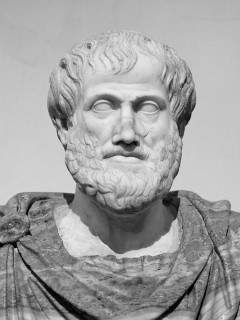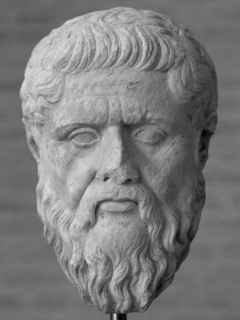
Publication details
Verlag: Springer
Ort: Berlin
Jahr: 1998
Pages: 151-162
Reihe: Boston Studies in the Philosophy of Science
ISBN (Hardback): 9789048148592
Volle Referenz:
, "Remarks on human nature in Plato", in: Philosophies of nature: the human dimension, Berlin, Springer, 1998


Remarks on human nature in Plato
pp. 151-162
in: Robert S. Cohen, Alfred Tauber (eds), Philosophies of nature: the human dimension, Berlin, Springer, 1998Abstrakt
The word nature is ambiguous and has undergone various shifts in meaning during its long history. Perhaps the most important of these shifts is that which distinguishes the predominantly classical sense of phusis or natura as divine from the typical modern conception of nature as res extenso or in other words as extension or body in contrast with mind, soul, or spirit. In all epochs going back to classical antiquity, nature has been defined by way of contrast with or opposition to an antonym. The most important of which I am aware are nomos or custom, techne or art, soul, intellect, spirit and history. Each of these antonyms is itself ambiguous and admits of various senses. On the whole, however, it does seem possible to detect a common theme in the diverse understandings of the term "nature." To borrow an expression from Aristotle, nature is that which happens always or for the most part. This is so whether we think of nature as divine or lifeless. Custom, art, and history are all changing.
Cited authors
Publication details
Verlag: Springer
Ort: Berlin
Jahr: 1998
Pages: 151-162
Reihe: Boston Studies in the Philosophy of Science
ISBN (Hardback): 9789048148592
Volle Referenz:
, "Remarks on human nature in Plato", in: Philosophies of nature: the human dimension, Berlin, Springer, 1998


